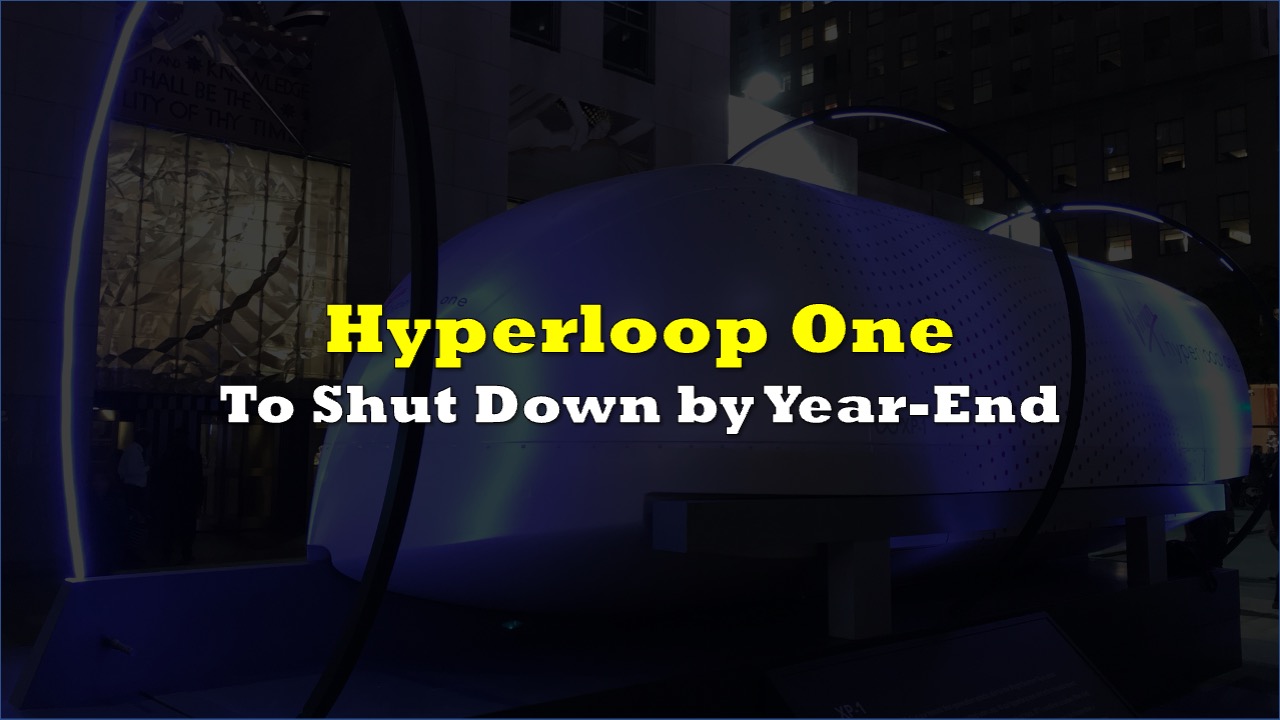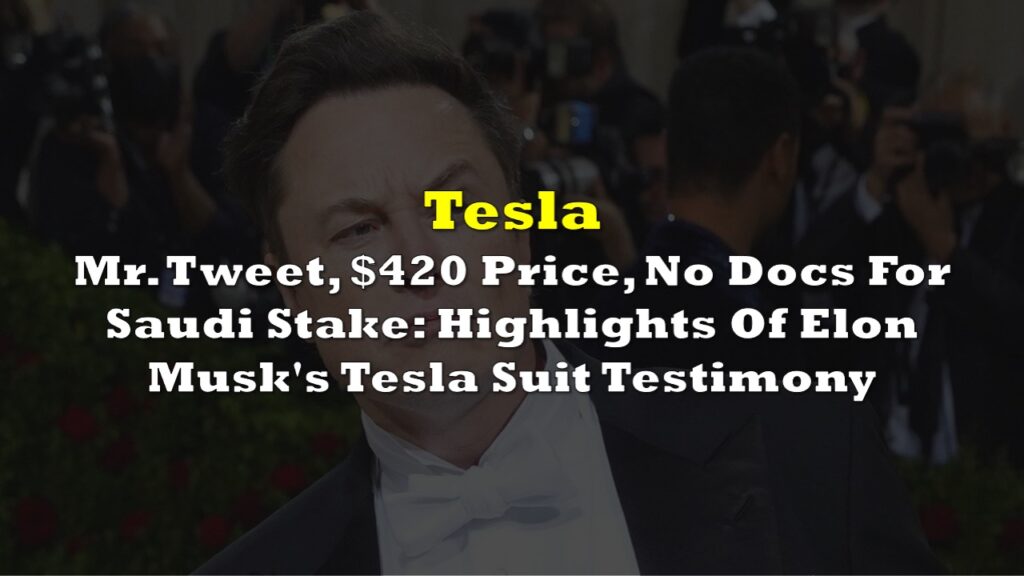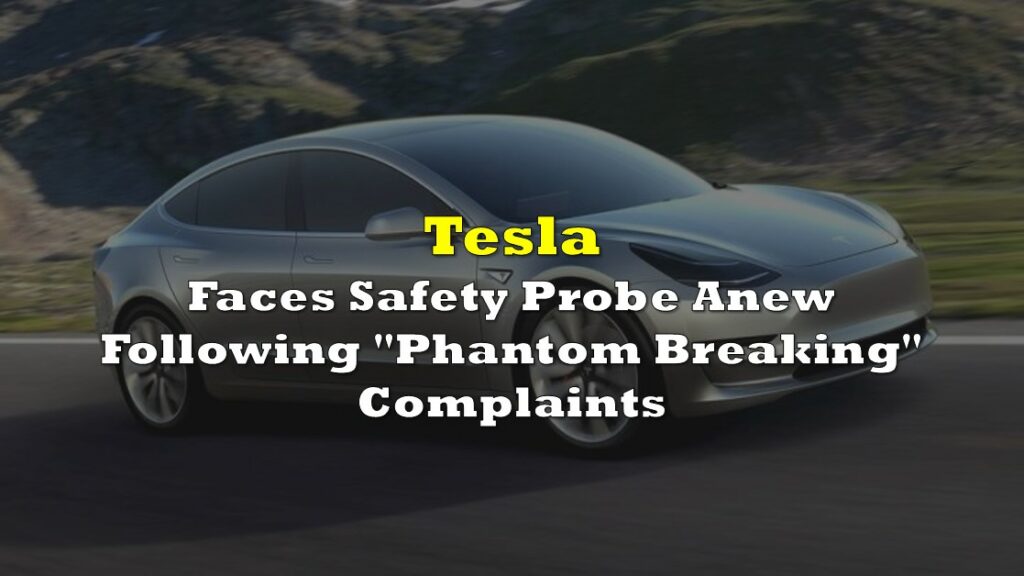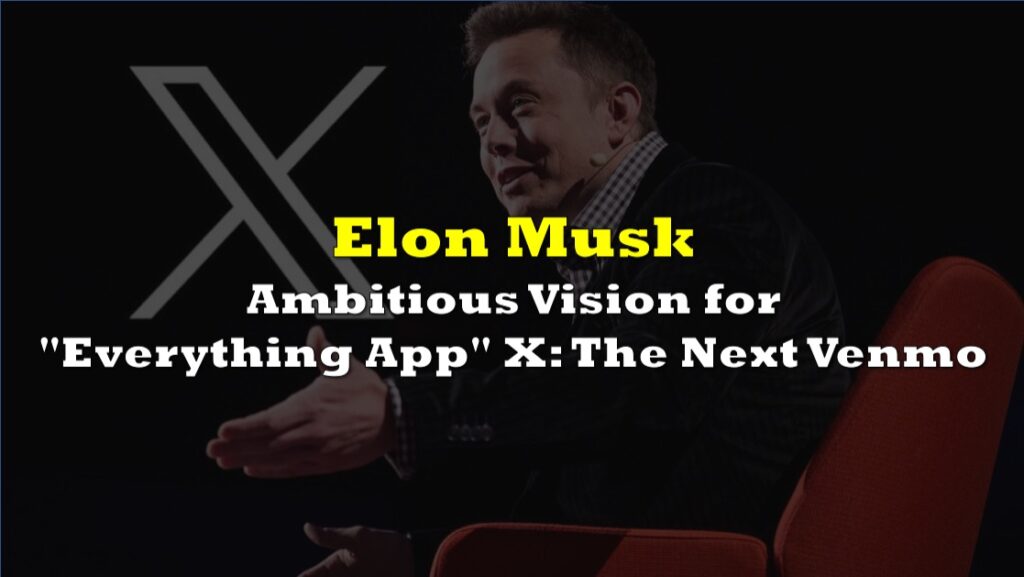Hyperloop One, the ambitious transportation startup once hailed for its vision of high-speed travel through futuristic tubes, is set to cease operations by the year-end, according to Bloomberg News (and that headline was cold: “Hyperloop One to Shut Down After Failing to Reinvent Transit”).
The company, founded in 2014, had raised approximately $450 million in venture capital and other investments over the years. However, facing financial challenges and operational setbacks, reports indicate that Hyperloop One has laid off the majority of its workforce and is actively seeking to liquidate its remaining assets, including the test track and machinery.
The company employed over 200 people as of early 2022, but the remaining staff overseeing the asset sale has been informed that their employment will conclude on December 31.
The closure marks the end of a once-promising era that began with Elon Musk’s groundbreaking Hyperloop Alpha plans in 2013, envisioning aluminum capsules hurtling through low-pressure tubes at speeds reaching up to 760mph — a concept that captured the imaginations of engineers and investors worldwide.
Initially named Hyperloop Technologies, the company constructed a test track near Las Vegas to advance its transportation technology. It garnered further attention when Richard Branson’s Virgin invested, leading to a rebranding as Virgin Hyperloop One, focusing initially on passenger travel — even conducting a human-passenger test in 2020. However, a strategic shift last year saw the company redirect its efforts toward cargo transport, prompting Virgin to remove its branding.
The company also struggled with internal disputes, legal battles, and financial constraints during its run. It settled a lawsuit that alleged competing claims of harassment and sabotage with co-founder Brogan BamBrogan in 2017. The next year, co-founder Shervin Pishevar was ousted after allegations of sexual assault and misconduct surfaced.
Around the same time, the company’s top executives imagined there would be “working hyperloops around the world… by 2020,” which, in true Muskian fashion, was later moved to 2021.
Musk imagined hyperloop to be something that would revolutionize the way people live, work, and travel, The Verge notes, but critics — who turned out to be right — labeled it as vaporware, a “utopian vision” that may be too costly to bring into reality.
Related: The Boring Company Gets Green Light to Add 18 Stations on Vegas Loop
Information for this story was found via Bloomberg, The Verge, and the sources and companies mentioned. The author has no securities or affiliations related to the organizations discussed. Not a recommendation to buy or sell. Always do additional research and consult a professional before purchasing a security. The author holds no licenses.









